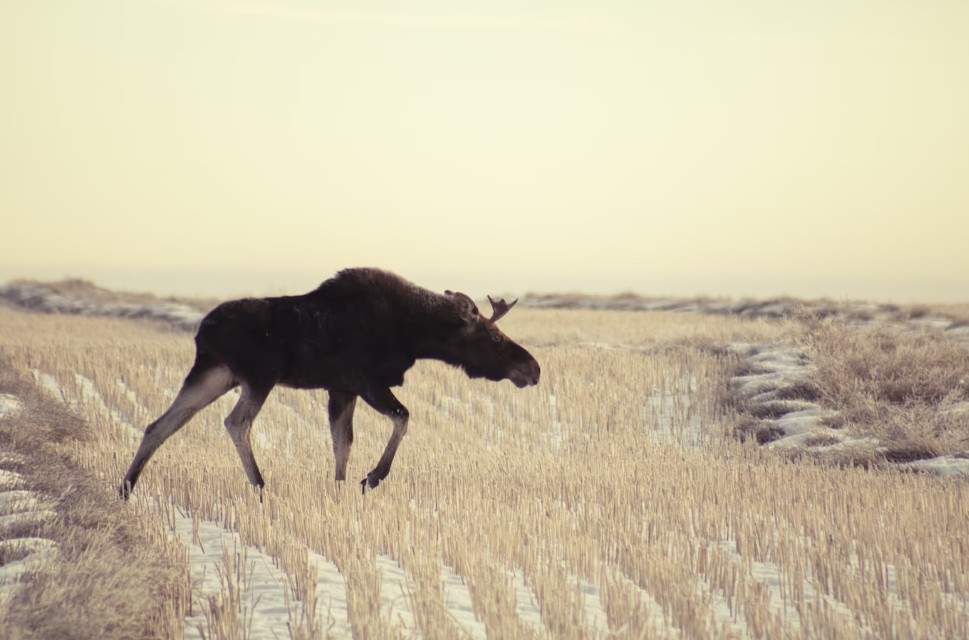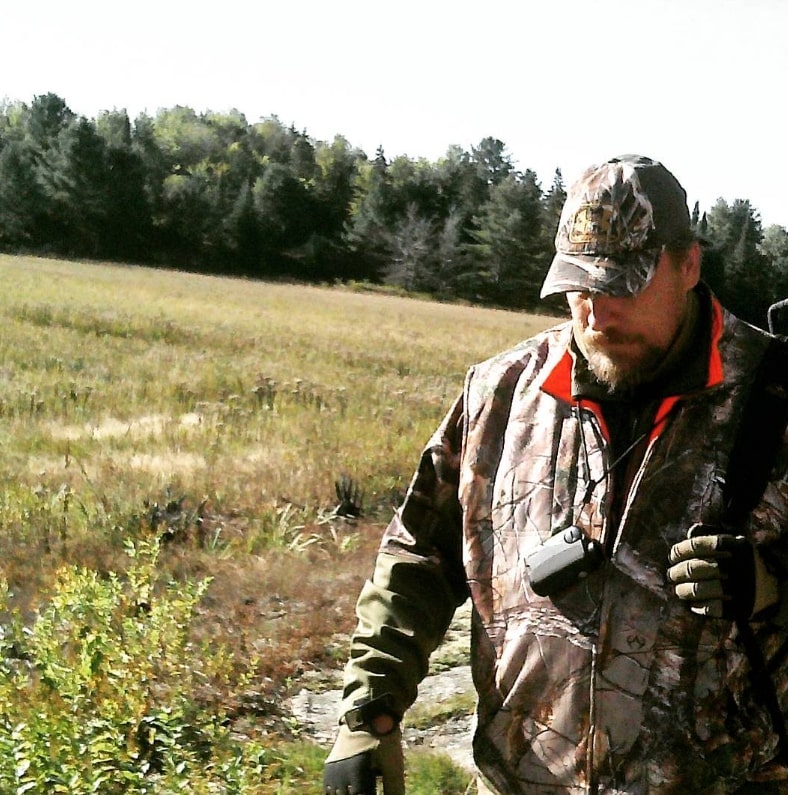Are moose populations declining?


Are moose populations declining?
Moose are a beloved and crucial species in many regions worldwide, but regrettably, their numbers are dwindling rapidly. Various factors have played a part in this decline, but human actions, such as hunting, habitat destruction, and climate change, have had the most substantial impact. This article will delve into the reasons for the decreasing moose population and suggest possible solutions to address this issue.
Habitat Loss and Fragmentation:
Moose populations are facing a significant threat from habitat loss and fragmentation. These majestic creatures need vast stretches of forest and wetland habitats to survive, but unfortunately, human activities like logging, road-building, and development have destroyed or fragmented a vast majority of these areas. Consequently, many regions have seen a decline in moose populations, especially in places where large-scale development and resource extraction are underway.
Hunting:
Excessive hunting is another significant factor that contributes to the decline of moose populations. Although hunting is an essential method of managing wildlife populations, overhunting can be detrimental to the long-term survival of a species. Since moose reproduce slowly and take several years to reach sexual maturity, they are more susceptible to overhunting than other species.
Climate Change:
The declining population of moose is also linked to climate change. As the planet’s temperature rises and weather patterns become more erratic, moose are experiencing various difficulties. For instance, higher temperatures can result in more insects, making moose weak and vulnerable to diseases. Additionally, climate change can negatively affect the quality and accessibility of moose habitats, making it challenging for the animals to locate food and shelter.
Predation:
Natural predators such as wolves and bears also play a role in the dynamics of moose populations. While predation is a natural process in the ecosystem, shifts in predator populations or behavior can have a substantial impact on moose numbers. When wolf populations rise due to factors such as hunting restrictions, they may prey more heavily on moose, causing a decline in their populations.
Disease:
Disease is also a significant threat to moose populations. In recent years, a number of diseases have emerged that can impact moose, including chronic wasting disease, which is a neurological disease that affects deer, elk, and moose. While the long-term impacts of this disease on moose populations are not yet clear, it is likely to have a negative impact on their numbers. Other diseases, such as tick-borne illnesses, can also impact moose populations.
Conservation Efforts:
In order to address the declining population of moose, a number of conservation efforts are underway. One of the most important is habitat conservation, which involves protecting and restoring the natural habitats that moose require to survive. This can involve actions such as protecting large tracts of forest and wetland habitat, restoring degraded habitats, and reducing fragmentation caused by roads and other human activities.
Another important conservation strategy is hunting regulation. In many areas, moose hunting regulations are not sufficient to ensure sustainable populations. To address this, some jurisdictions have implemented more restrictive hunting regulations, such as reducing the number of hunting permits issued, limiting hunting seasons, and establishing quotas to limit the number of moose that can be harvested.
Predator management is another conservation strategy that can be used to protect moose populations. This involves managing predator populations to reduce the impact they have on moose populations. For example, in some areas, wolf hunting may be allowed to reduce the impact of wolf predation on moose populations.
In addition to these strategies, there is ongoing research aimed at understanding the impacts of climate change and disease on moose populations. By better understanding these threats, conservationists can develop more effective strategies for protecting moose populations in the future.
Finally, public education and awareness campaigns can also play an important role in protecting moose populations. By educating the public about the importance of moose and the threats they face, conservationists can help build support for conservation efforts and encourage people to take action to protect these animals and their habitats.
Conclusion:
The declining population of moose is a complex issue that requires a multifaceted approach to address. While hunting, habitat loss and fragmentation, climate change, predation, and disease are all significant threats to moose populations, there are also a number of strategies that can be employed to protect these animals and ensure their long-term survival.
By implementing effective conservation strategies such as habitat conservation, hunting regulation, predator management, and public education and awareness campaigns, we can help to protect moose populations and ensure that these iconic animals continue to thrive in the wild for generations to come.
Ultimately, the health and well-being of moose populations are closely linked to the health and well-being of the ecosystems in which they live. By protecting the habitats and natural systems that support moose populations, we can not only ensure the survival of these animals but also promote the health and resilience of our natural world as a whole.




